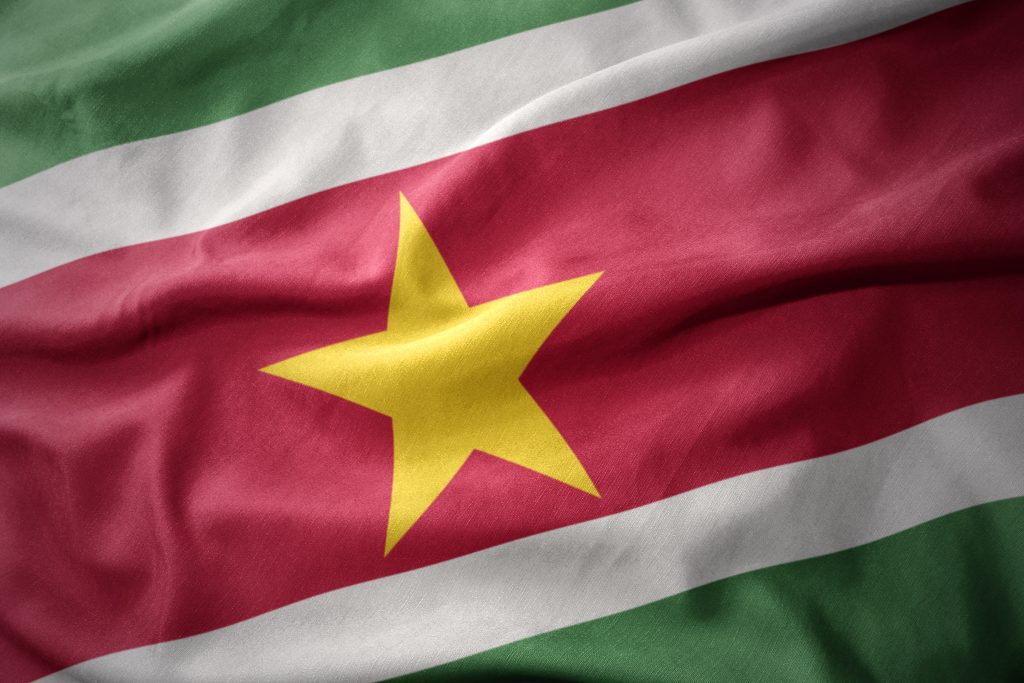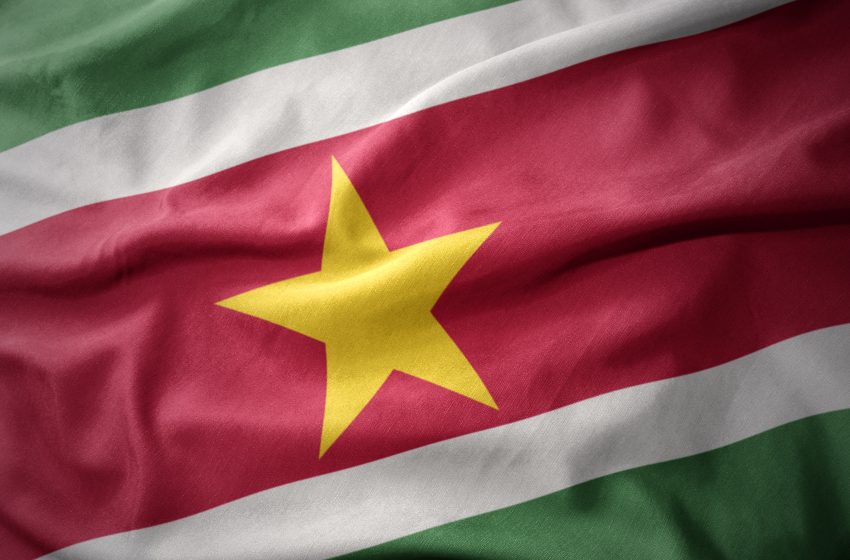
Suriname has banned the sale of all vaping products. The small South American country has been named among eight countries that are adopting measures in line with the World Health Organization’s (WHO) Framework Convention on Tobacco Control (FCTC) to protect the health of their populations from novel tobacco products.
The Republic of Suriname, a country in northern South America, borders the Atlantic Ocean in the north, French Guiana in the east, Guyana in the west, and Brazil in the south.
The WHO said Friday that with the recent ban on the use and marketing of electronic cigarettes in Venezuela, currently, 21 countries in the Americas regulate electronic nicotine delivery systems (ENDS), such as e-cigarettes and vapes.
“The resolution that regulates new and emerging nicotine and tobacco products in Venezuela is an important step forward for the country and for the region,” said Anselm Hennis, director of Non-Communicable Diseases Mental Health at the Pan American Health Organization (PAHO/WHO).
“We hope that this measure motivates other countries to take action on these products, which are addictive, harmful and aggressively advertised towards the youngest,” he added.
The eight new countries to join the initiative are Argentina, Brazil, Mexico, Nicaragua, Panama, Suriname, Uruguay and Venezuela and PAHO said these countries prohibit their sale altogether, and the other 13 countries have partially or totally adopted one or more regulatory measures.
The PAHO report states that 14 countries in the Americas, including the Caribbean, lack any regulation of vaping products.

